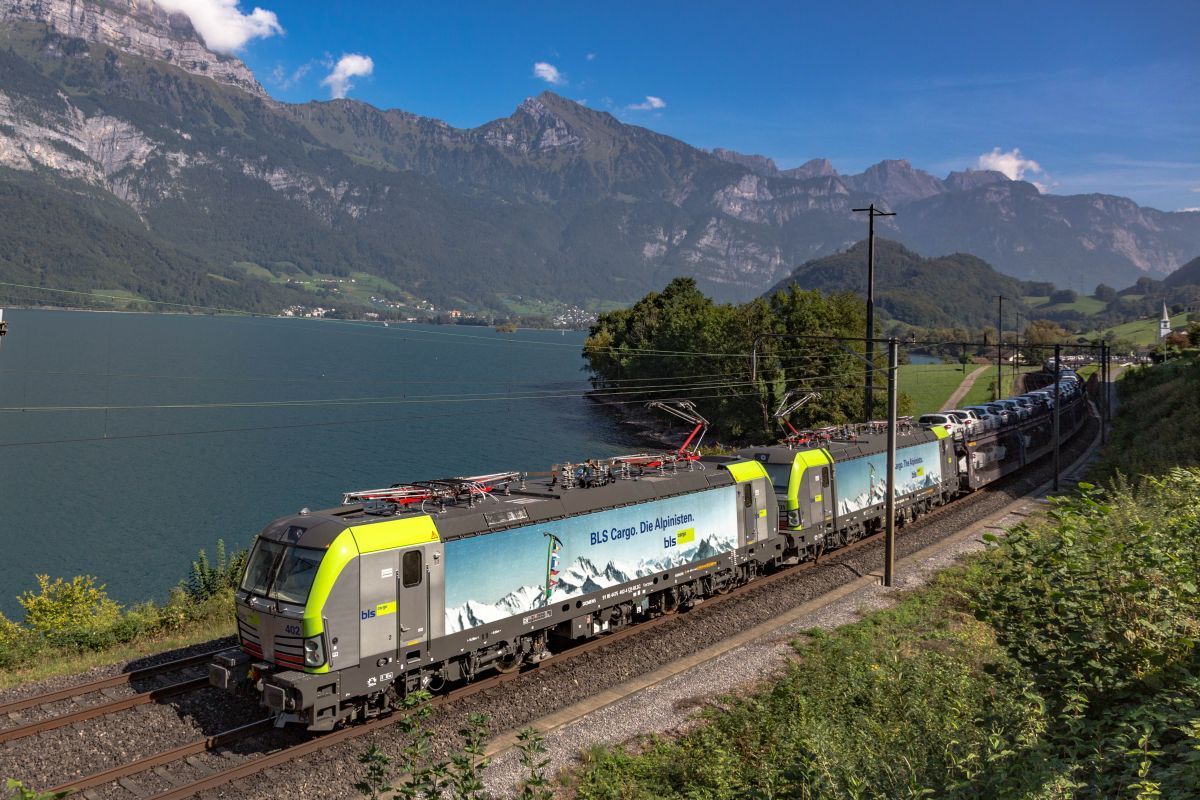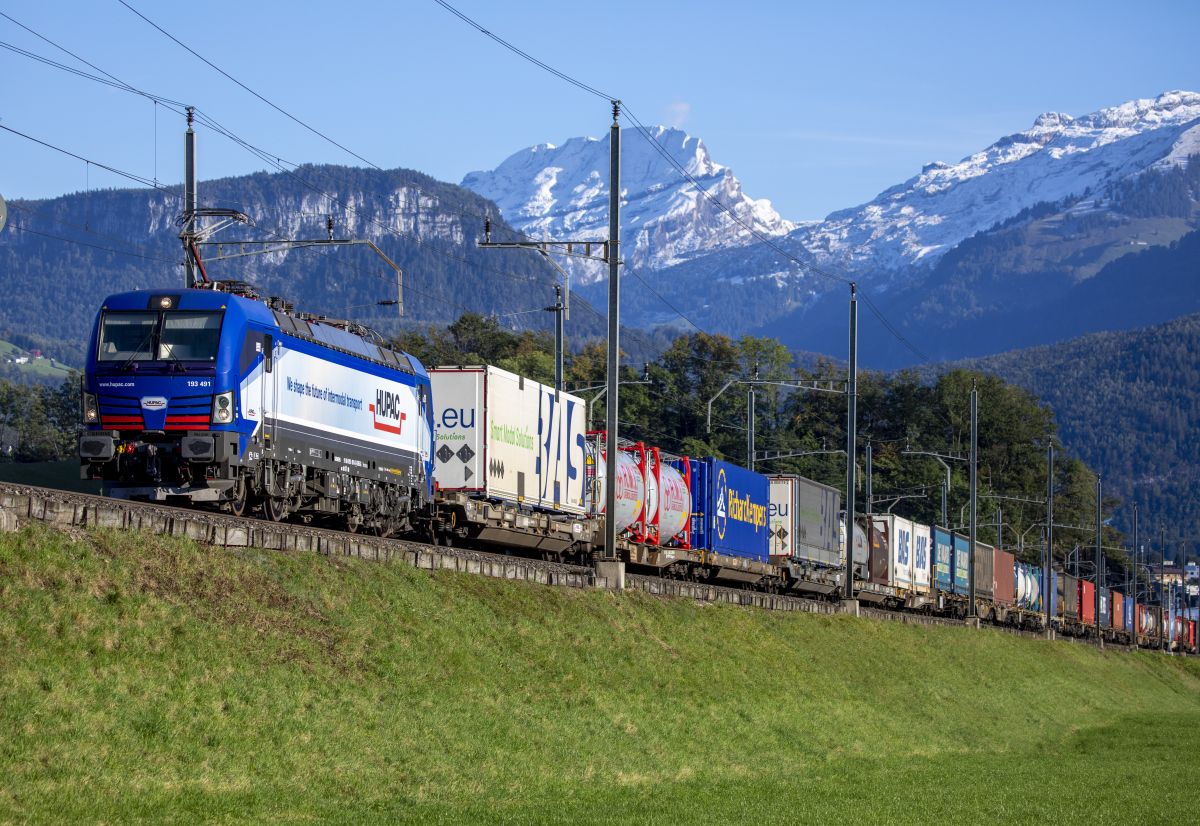The European Parliament’s TRAN (Transport and Tourism Committee) today unanimously adopted its position on the use of railway infrastructure capacity in the Single European Railway Area. The proposed Regulation seeks to increase railway capacity and improve reliability by creating an international, digital and flexible system for managing and allocating scarce railway capacity. Although the draft proposal from the European Commission has been generally positively received, gaps have been identified, particularly in relation to user consultation and regulatory oversight. The Parliament has moved in a positive direction in addressing these open concerns.
Firstly, the proposed creation of ERP (European Railway Undertaking Platform) is highly welcomed. It is not possible for Infrastructure Managers to create capacity supply plans which meet the needs of users, particular freight users where demand is not static and constantly evolving, without ongoing consultation with railway undertakings. The creation of the European Railway Undertaking Platform will ensure that ENIM (European Network of Infrastructure Managers) will have a clear counterpart to work with throughout the planning process.
Secondly, enhancing the role of ENRRB (European Network of Regulatory Bodies) will provide greater regulatory supervision over ENIM and ensure that there are sufficient checks and balances in place. It is particularly important that ENRRB is granted the powers to assess, before adoption, the European Frameworks for capacity management, traffic management and performance review.
Thirdly, under the Commission proposal, most of the provisions of this Regulation would not come into force until the end of 2029, meaning the Regulation would have a negligible impact on 2030 modal shift objectives. By bringing the implementation dates forward, the European Parliament ensures that the Regulation is well placed to play a role in this decade already.
Finally, care must be given to ensure any new provisions which have been added to the Regulation by the European Parliament, such as the creation “systematic train paths” by infrastructure managers, are subject to ENRRB supervision and are created in consultation with ERP.
ERFA President, Dirk Stahl, stated, “over 50% of European rail freight today crosses at least one national border. Given that capacity management today has a largely national focus, this mains rail freight is affectively trying to operate an international service throughout a patchwork of national networks. If we are to put rail freight in a position to grow, it is essential we move away from a system that is national, manual and rigid towards one that is international, digital and flexible. The work, of the European Parliament and the rapporteur, Tilly Metz, is highly welcome”.
ERFA Secretary General, Conor Feighan, concluded, “the unanimous adoption of the report by the TRAN Committee means it is highly likely we will have adoption of the proposal during this European Parliament’s lifetime. It is important that work also continues in Council so as to ensure that a fast adoption of the Regulation so as to ensure the benefits of this proposal can be felt by the industry as soon as possible”.


